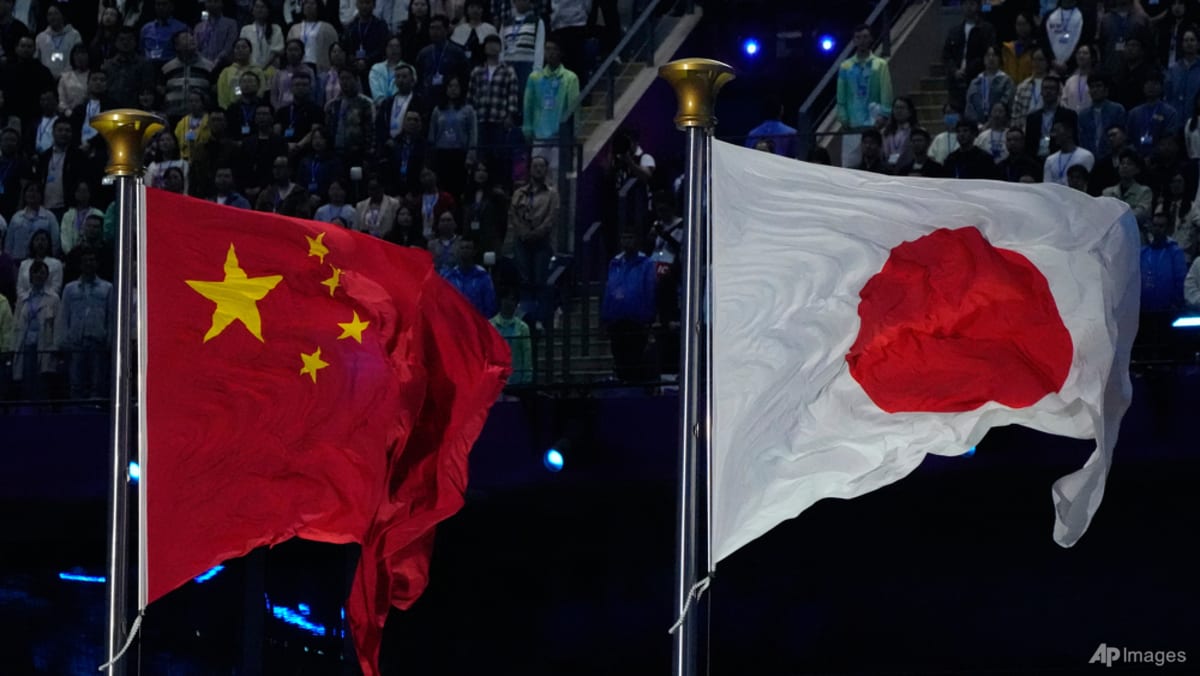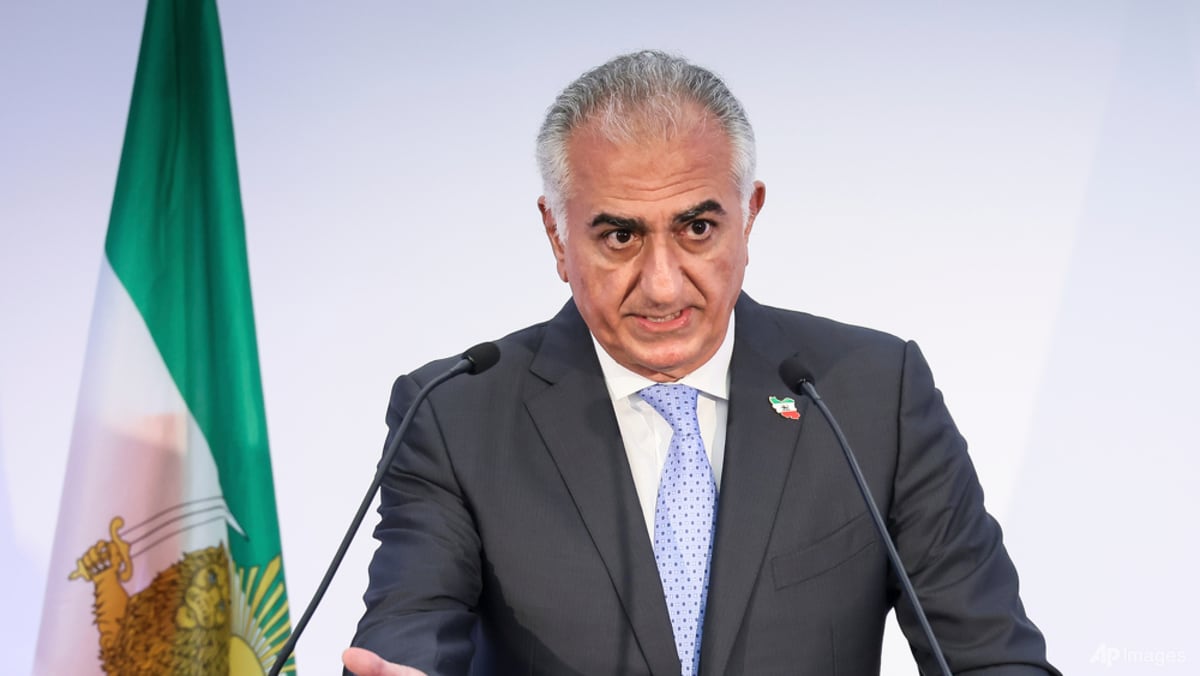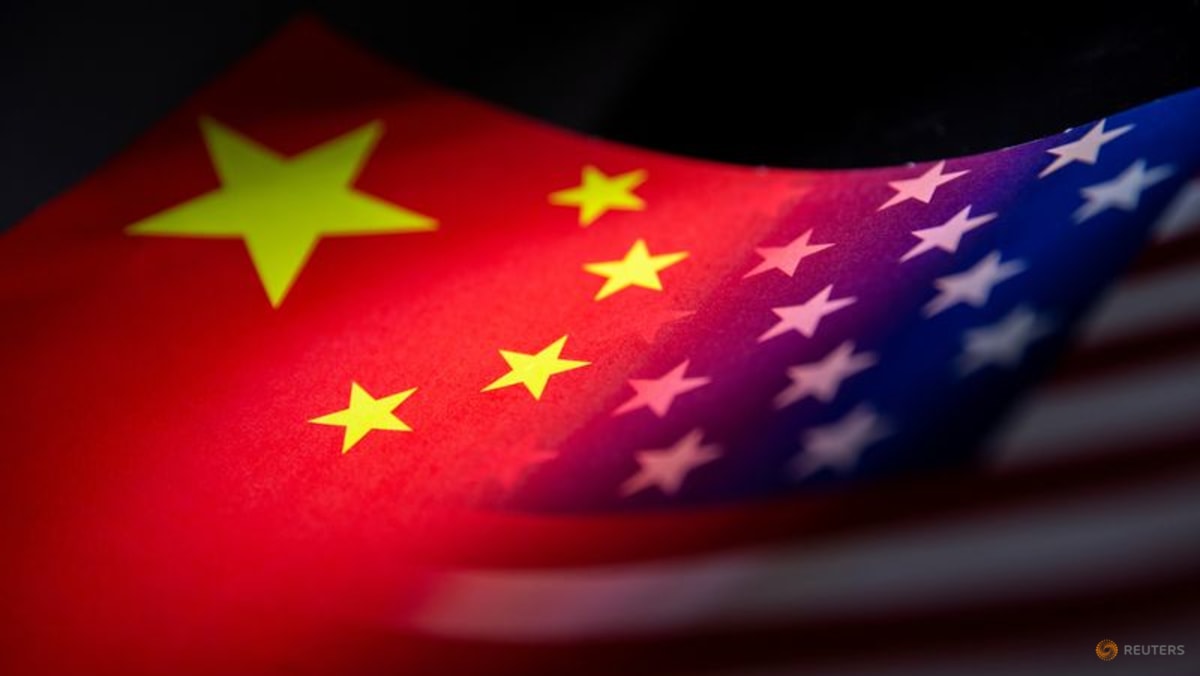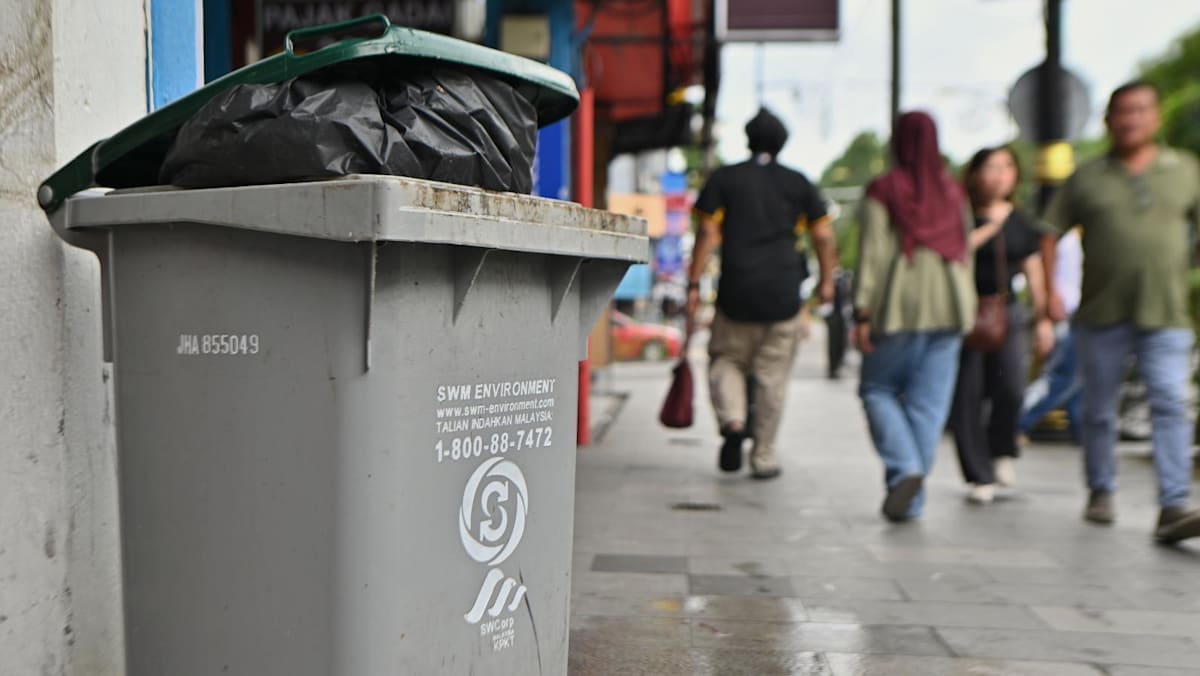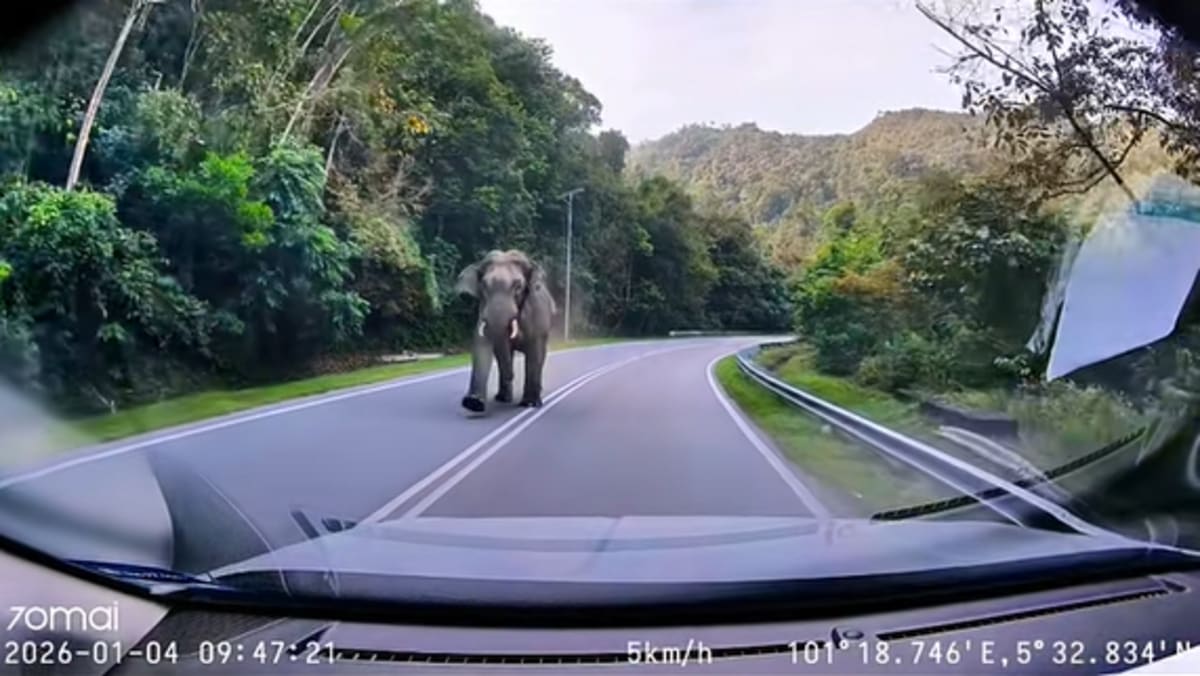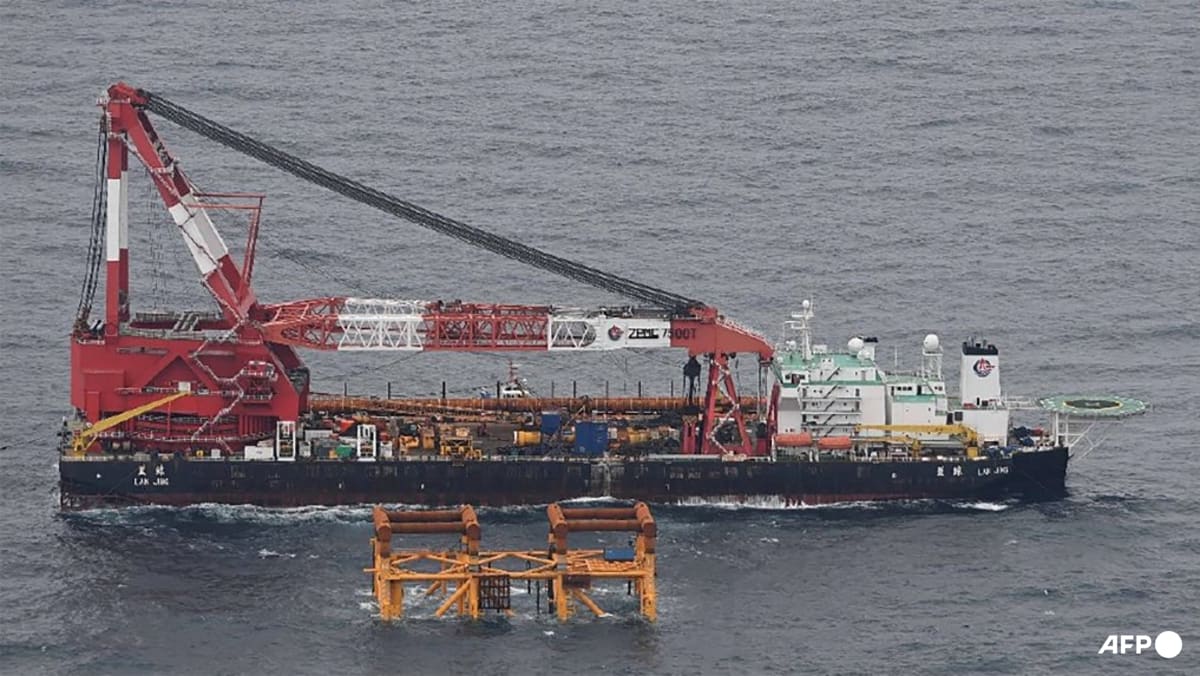Commentary: An expanded BRICS could reset world politics but picking new members isn’t straightforward
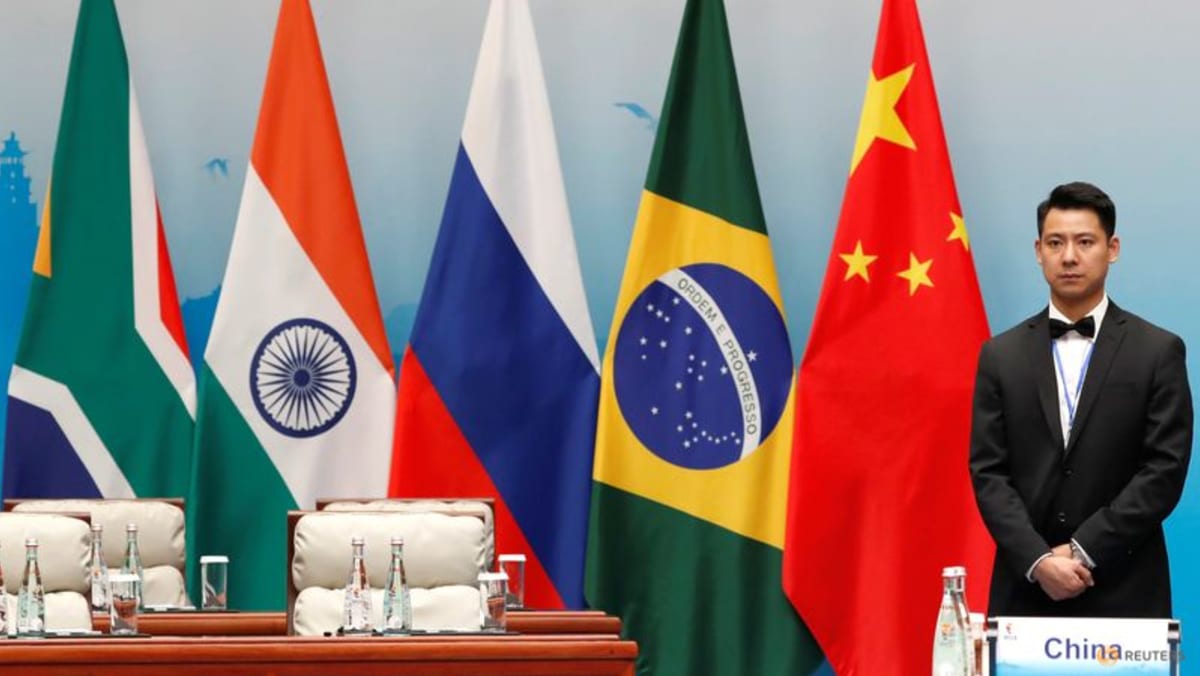
We are political scientists whose research interests include changes to the global order and emerging alternative centres of power. In our view, it won’t be easy to expand the bloc. That’s because the group is still focused on harmonising its vision, and the potential new members do not readily make the cut.
Some may even bring destabilising dynamics for the current composition of the formation. This matters because it tells us that the envisioned change in the global order is likely to be much slower.
Simply put, while some states are opposed to Western hegemony, they do not yet agree among themselves on what the new alternative should be.
EVOLUTION OF BRICS
BRICS’ overtly political character partially draws on a long history of non-alignment as far back as the Bandung Conference of 1955. It was attended mostly by recently decolonised states and independence movements intent on asserting themselves against Cold War superpowers – the Soviet Union and the United States.
BRICS has come to be viewed as challenging the hegemony of the US and its allies, seen as meddling in the internal affairs of other states.
Reuters estimates that more than 40 states are aspiring to join BRICS. South African diplomat Anil Sooklal says 13 had formally applied by May. Many, though not all, of the aspiring joiners have this overtly political motivation of countering US hegemony.
The other important incentive is access to funds from the BRICS’ New Development Bank. This is especially pronounced in the post-COVID climate in which many economies are yet to fully recover. Of course the two can overlap, as in the case of Iran.
The notable applicants have included Saudi Arabia, Belarus, Ethiopia, Argentina, Algeria, Iran, Mexico and Turkey.
EXPANDED BRICS
A strategically expanded BRICS would be seismic for the world order, principally in economic terms.
Key among the club’s reported priorities is reduction of reliance on the US dollar (“de-dollarisation” of the global economy). One of the hurdles to this is the lack of buy-in by much of the world. Though some states may disagree with the dollar’s dominance, they still see it as the most reliable.
Source: CNA



